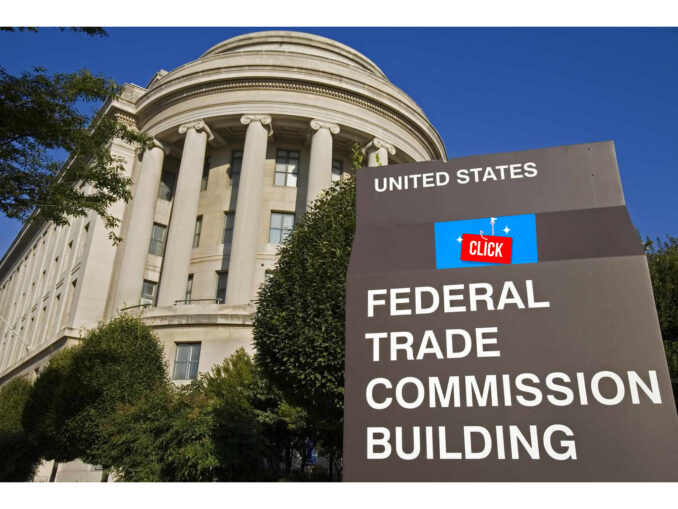
While I normally ignore nonsense, this particular piece of click bait deserves a good slam.
I’m not going to mention the source of the recent headline that reads in part, “FTC Cracks Down….Audiophile Reviews”, because the site is not worth a mention or a click.
Here’s the full FTC “16 CFR Part 465: Trade Regulation Rule on the Use of Consumer Reviews and Testimonials (Final Rule)” that never once mentions ‘audiophile’ while “audio” is only mentioned in reference to “audio and visual portions” of reviews. Shame on click bait shams.
Here’s a relevant excerpt from the FTC:
The rule is intended to curb certain unfair or deceptive uses of consumer reviews and testimonials. It contains several provisions to promote accuracy and truthfulness in reviews and testimonials and, thus, will allow American consumers to make better-informed purchase decisions. The key provisions of the rule prohibit conduct that is inherently deceptive or unfair, including creating, selling, and buying fake or false reviews or testimonials; buying reviews in exchange for, or conditioned on, their sentiment; and using reviews and testimonials from company insiders that hide their relationships to the company. The rule also includes prohibitions against misleading, company-controlled review websites or entities; unfair or deceptive review suppression practices; and the misuse of fake indicators of social media influence.
And from the FTC Announcement dated August 14, 2024:
The final rule prohibits:
- Fake or False Consumer Reviews, Consumer Testimonials, and Celebrity Testimonials: The final rule addresses reviews and testimonials that misrepresent that they are by someone who does not exist, such as AI-generated fake reviews, or who did not have actual experience with the business or its products or services, or that misrepresent the experience of the person giving it. It prohibits businesses from creating or selling such reviews or testimonials. It also prohibits them from buying such reviews, procuring them from company insiders, or disseminating such testimonials, when the business knew or should have known that the reviews or testimonials were fake or false.
- Buying Positive or Negative Reviews: The final rule prohibits businesses from providing compensation or other incentives conditioned on the writing of consumer reviews expressing a particular sentiment, either positive or negative. It clarifies that the conditional nature of the offer of compensation or incentive may be expressly or implicitly conveyed.
- Insider Reviews and Consumer Testimonials: The final rule prohibits certain reviews and testimonials written by company insiders that fail to clearly and conspicuously disclose the giver’s material connection to the business. It prohibits such reviews and testimonials given by officers or managers. It also prohibits a business from disseminating such a testimonial that the business should have known was by an officer, manager, employee, or agent. Finally, it imposes requirements when officers or managers solicit consumer reviews from their own immediate relatives or from employees or agents – or when they tell employees or agents to solicit reviews from relatives and such solicitations result in reviews by immediate relatives of the employees or agents.
- Company-Controlled Review Websites: The final rule prohibits a business from misrepresenting that a website or entity it controls provides independent reviews or opinions about a category of products or services that includes its own products or services.Review Suppression: The final rule prohibits a business from using unfounded or groundless legal threats, physical threats, intimidation, or certain false public accusations to prevent or remove a negative consumer review. The final rule also bars a business from misrepresenting that the reviews on a review portion of its website represent all or most of the reviews submitted when reviews have been suppressed based upon their ratings or negative sentiment.
- Misuse of Fake Social Media Indicators: The final rule prohibits anyone from selling or buying fake indicators of social media influence, such as followers or views generated by a bot or hijacked account. This prohibition is limited to situations in which the buyer knew or should have known that the indicators were fake and misrepresent the buyer’s influence or importance for a commercial purpose.
Bravo! And to be clear, I’m not saying our hifi hobby is devoid of Pay-to-Play players, I’m pointing out that this FTC ruling does not specifically target “audiophile reviews”. While that makes for a juicy headline, it’s nonsense.
And sure—I know by posting this post I’m fishing in similarly murky waters but sometimes nonsense needs to be called out for what it is.
